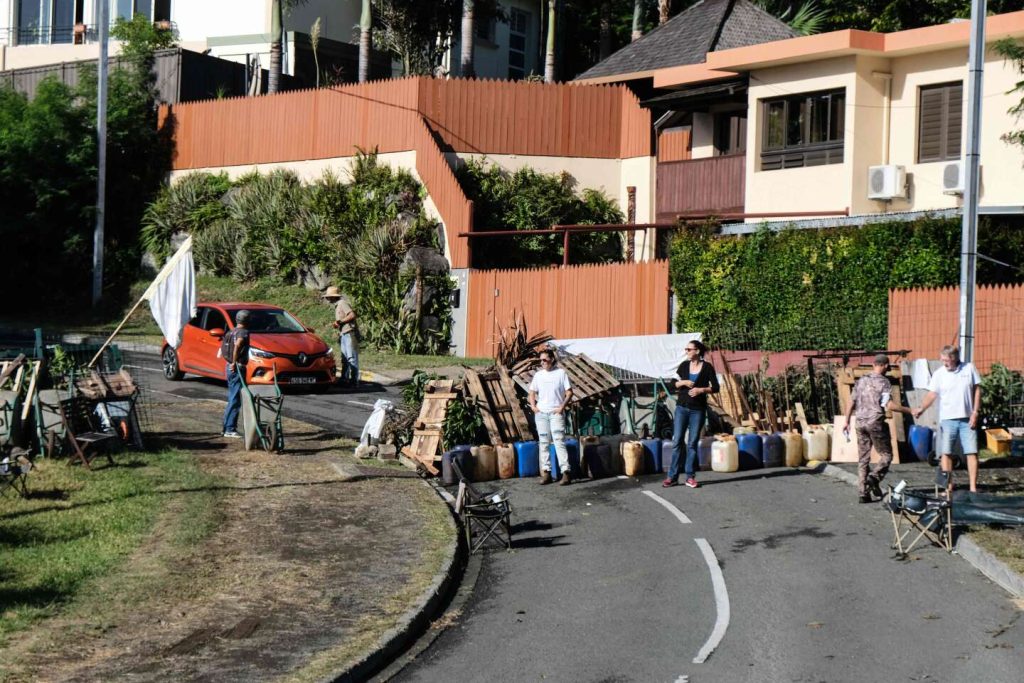The honor of France was a key principle in the 1998 Nouméa Accord. The State recognized its “faults” due to colonization that “damaged the dignity of the Kanak people” and declared that “decolonization is the means to rebuild a lasting social bond.” Unfortunately, there are few other examples in our tumultuous colonial history of such clarity from the government on the colonial crimes committed by our country, and such political determination to achieve real rebalancing. The Nouméa Accord includes provisions for a political, social, and economic “rebalancing” in favor of the Kanak people, and proposes to “restrict the electoral body to those who have been established for a certain period of time.”
The composition of the electoral body in New Caledonia has gone through many complex stages and institutional reforms since the 1980s, all guided by the principle of better representation of the Kanak people. This was evident in the Matignon Accords of 1988, which marked the beginning of a concerted process of decolonization and opening up of the electoral body to indigenous populations. The same principle guided the Nouméa Accords ten years later, establishing a specific electoral body that gives the Kanak people a dominant voice in certain elections. Measures have been regularly taken to encourage voter registration, including annual revision operations of the electoral body.
In addition to these principles, successive French governments and parties involved in New Caledonia have established a collective dialogue method for decades, following in the footsteps of the late Jean-Marie Tjibaou and c, two political leaders who overcame their differences for the common good of their archipelago and its inhabitants. This tradition also involved making the Prime Minister the conductor of this dialogue, symbolizing respect for the parties involved and a commitment to reconciliation. Unfortunately, these principles, dialogue platform, and respect are now deteriorating dangerously, with the current majority bearing a heavy responsibility for this.
It is crucial to maintain a focus on the principles of the Nouméa Accord and the tradition of dialogue led by the Prime Minister to ensure a peaceful and sustainable future for New Caledonia. The importance of reconciliation, decolonization, and inclusive representation of the Kanak people must not be overlooked in the face of increasing tensions and challenges. It is essential for all parties involved to uphold the commitments made in the Accord and work towards a harmonious coexistence that respects the rights and dignity of all citizens in the region. Failure to do so could lead to further instability and conflict, hindering the progress made towards a more just and equitable society in New Caledonia.


